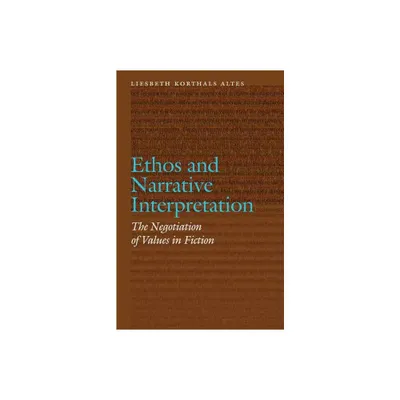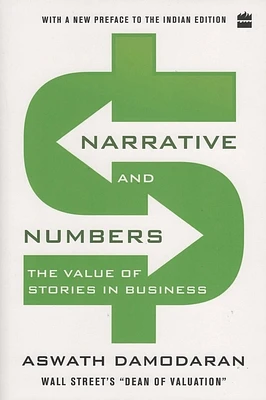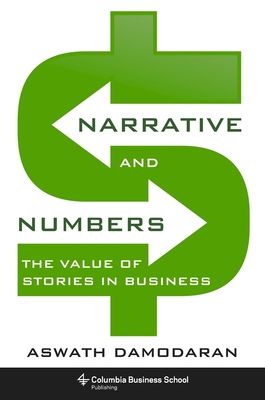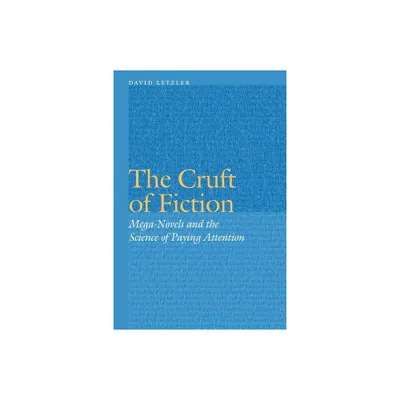Home
Ethos and Narrative Interpretation: The Negotiation of Values Fiction
Loading Inventory...
Barnes and Noble
Ethos and Narrative Interpretation: The Negotiation of Values Fiction
Current price: $60.00


Barnes and Noble
Ethos and Narrative Interpretation: The Negotiation of Values Fiction
Current price: $60.00
Loading Inventory...
Size: Hardcover
*Product Information may vary - to confirm product availability, pricing, and additional information please contact Barnes and Noble
Ethos and Narrative Interpretation
examines the fruitfulness of the concept of ethos for the theory and analysis of literary narrative. The notion of ethos refers to the broadly persuasive effects of the image one may have of a speaker’s psychology, world view, and emotional or ethical stance. How and why do readers attribute an ethos (of, for example, sincerity, reliability, authority, or irony) to literary characters, narrators, and even to authors? Are there particular conditions under which it is more appropriate for interpreters to attribute an ethos to authors, rather than to narrators? In the answer Liesbeth Korthals Altes proposes to such questions, ethos attributions are deeply implicated in the process of interpreting and evaluating narrative texts.
Demonstrating the extent to which ethos attributions, and hence, interpretive acts, play a tacit role in many methods of narratological analysis, Korthals Altes also questions the agenda and epistemological status of various narratologies, both classical and post-classical. Her approach, rooted in a broad understanding of the role and circulation of narrative art in culture, rehabilitates interpretation, both as a tool and as an object of investigation in narrative studies.
examines the fruitfulness of the concept of ethos for the theory and analysis of literary narrative. The notion of ethos refers to the broadly persuasive effects of the image one may have of a speaker’s psychology, world view, and emotional or ethical stance. How and why do readers attribute an ethos (of, for example, sincerity, reliability, authority, or irony) to literary characters, narrators, and even to authors? Are there particular conditions under which it is more appropriate for interpreters to attribute an ethos to authors, rather than to narrators? In the answer Liesbeth Korthals Altes proposes to such questions, ethos attributions are deeply implicated in the process of interpreting and evaluating narrative texts.
Demonstrating the extent to which ethos attributions, and hence, interpretive acts, play a tacit role in many methods of narratological analysis, Korthals Altes also questions the agenda and epistemological status of various narratologies, both classical and post-classical. Her approach, rooted in a broad understanding of the role and circulation of narrative art in culture, rehabilitates interpretation, both as a tool and as an object of investigation in narrative studies.


















